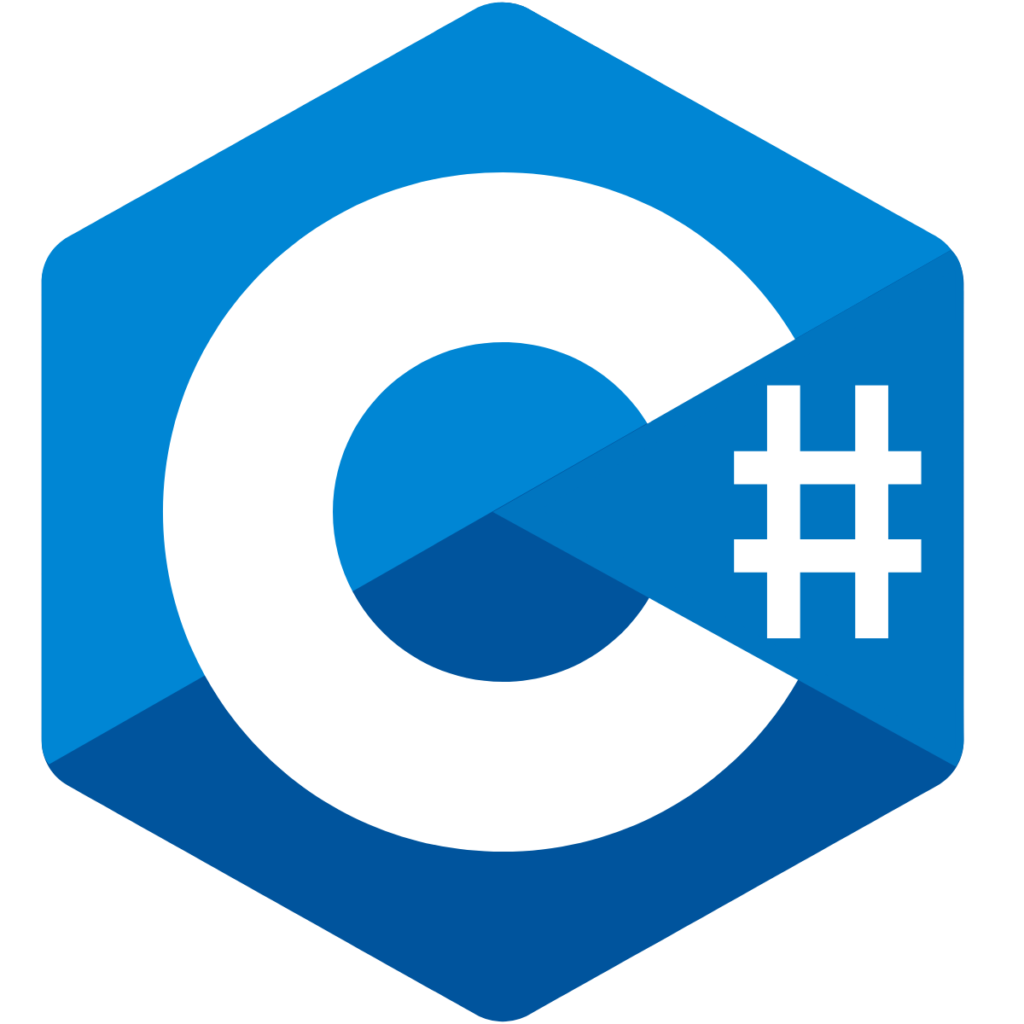» C# ENSURES YOUR CUSTOM SOFTWARE STAYS RELEVANT
Simple and effective coding with C#
At Netgen, we use C# as one of our primary coding languages for all of our custom software projects. It was originally developed by Anders Hejlsberg
of Microsoft for the Windows .NET framework back in 2000, making C# a fairly young language in the world of custom software.
Just because C# is still considered the new kid on the block, doesn’t mean it isn’t incredibly powerful. In fact, because it is so modern and current, C#
is one of the best options there is for working on client solutions. Our team has found it to be incredibly versatile for a range of different custom
software projects, as well as being highly reliable in the long term.

Why Netgen uses C#
Object-oriented programming (OOPS)
C# is an object-oriented programming language. This means:
The reason object-oriented programming is so powerful is that once a class has been coded, it can be used again and again within the solution. It’s also easy to spot where the errors in coding have been made because each class exists on its own. By testing the classes one by one, the developer can see where the error lies and fix it. This one fix can then be copied to every other instance where that class is used in the software.
Get in touch about our custom software solutions
Take a look at some of the solutions we’ve created for our clients and get in touch to find out what we can do for you

